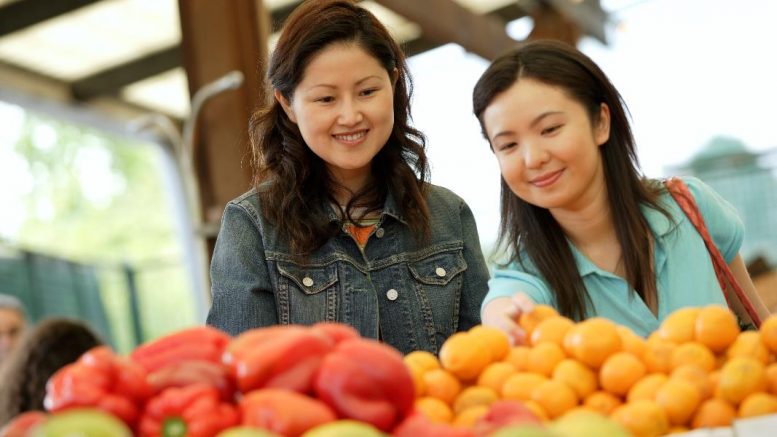Food for Life program to increase access to affordable, healthy food
Program is engaging over 600,000 Kaiser Permanente member households with CalFresh supplemental nutrition assistance program and designing medically tailored meal delivery options
Kaiser Permanente today announced it has launched Food for Life, a landmark initiative to increase food security on a national scale. Rooted in the belief that nobody should go hungry in America, the nation’s largest integrated, nonprofit health system is again going beyond traditional care delivery to tackle one of the most basic human needs — access to affordable, healthy food.
Food for Life is a comprehensive approach for transforming the economic, social and policy environments connected to food so that people across the nation have access to, and can afford, healthy food. As first steps, Kaiser Permanente has begun a broadscale texting campaign to connect eligible California residents with CalFresh (the state’s supplemental nutrition assistance program, or SNAP) and will begin offering medically tailored meal delivery options for patients and their families. After evaluating their impact, Kaiser Permanente plans to expand Food for Life programs to members and communities across the U.S.
Kaiser Permanente is making food security a priority because healthy eating is foundational to good health. Studies show that people without consistent access to adequate food spend about 45% more money on medical care each year than those in food-secure households.
“It is unacceptable for anyone to suffer from poor health because they can’t get enough nutritious food to eat,” said Bernard J. Tyson, chairman and CEO of Kaiser Permanente. “The association between good health and healthy food is indisputable, and if we want to make our communities the healthiest in the nation, it is crucial that we connect people with the resources they need to achieve total health.”
Through Food for Life, Kaiser Permanente will design and assess medically tailored meal delivery options. Medically tailored meals can be necessary for medication management, allergies, or conditions such cancer, diabetes and kidney disease. Kaiser Permanente will provide in-home meal services for entire households to assess whether it creates additional benefits, including improved dietary adherence and reduced medical costs, for the primary patient.
Over the next six months, the Food for Life texting campaign will reach more than 600,000 Kaiser Permanente member households, and will help those who are eligible apply for CalFresh benefits. This relatively simple but profoundly effective approach has the potential to be seamlessly scaled to millions more people. It was developed through a crowd-sourcing challenge within Kaiser Permanente that elevated the most innovative thinking of its 200,000 employees.
CalFresh provides eligible individuals with up to $192 per month to buy groceries. The benefit is an underutilized resource in the state: California ranks 42nd out of the nation’s 50 states in SNAP participation. Yet, according to Kaiser Permanente’s Social Needs in America survey, 40% of Californians surveyed had experienced stress about food needs in the last year.
Food for Life texting began just as California expanded CalFresh eligibility to include residents receiving Supplemental Security Income, increasing the number of potentially eligible Californians by more than 1 million.
“Food for Life builds on our existing community health work – such as preserving affordable housing, researching firearm injury prevention, and teaching resiliency in schools – to improve health outcomes, decrease the cost of care and create systemwide change,” said Bechara Choucair, MD, chief community health officer, Kaiser Permanente.

